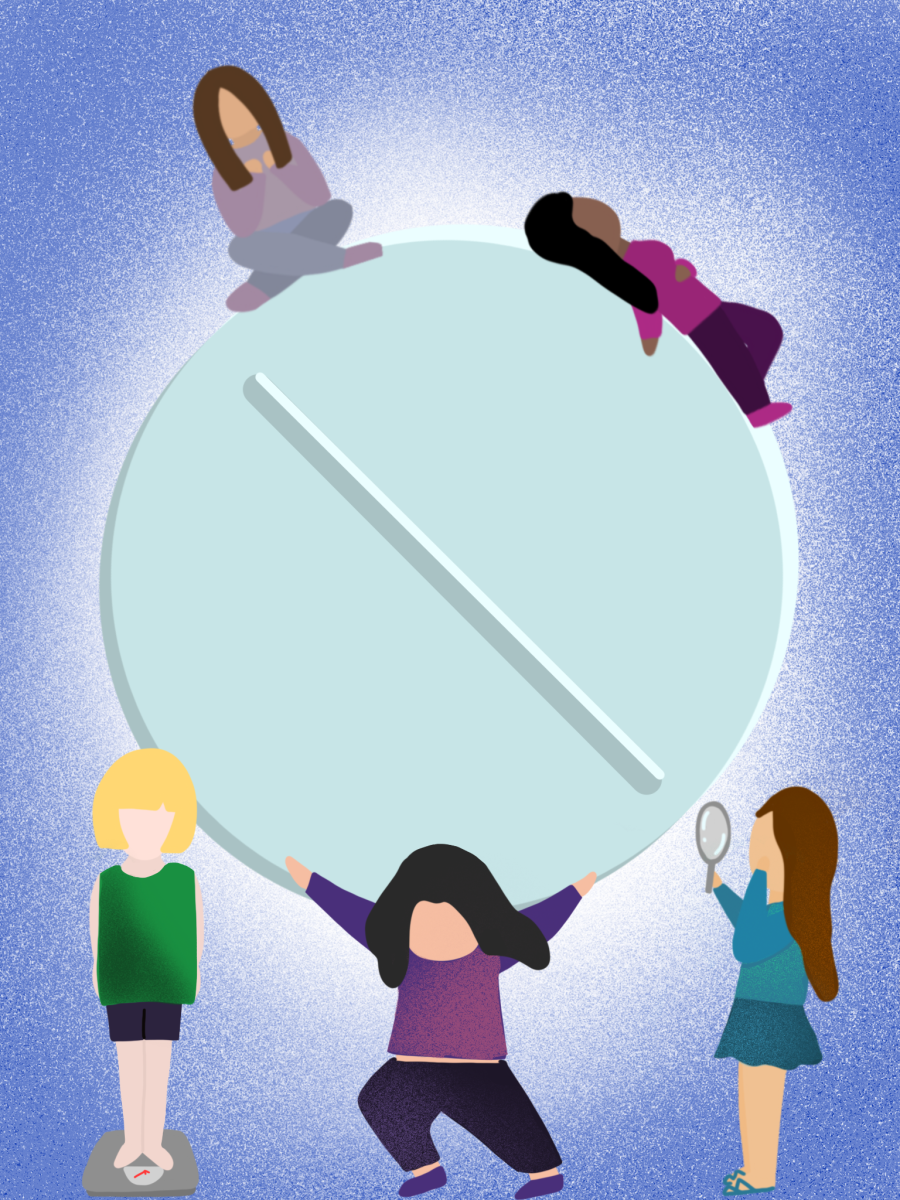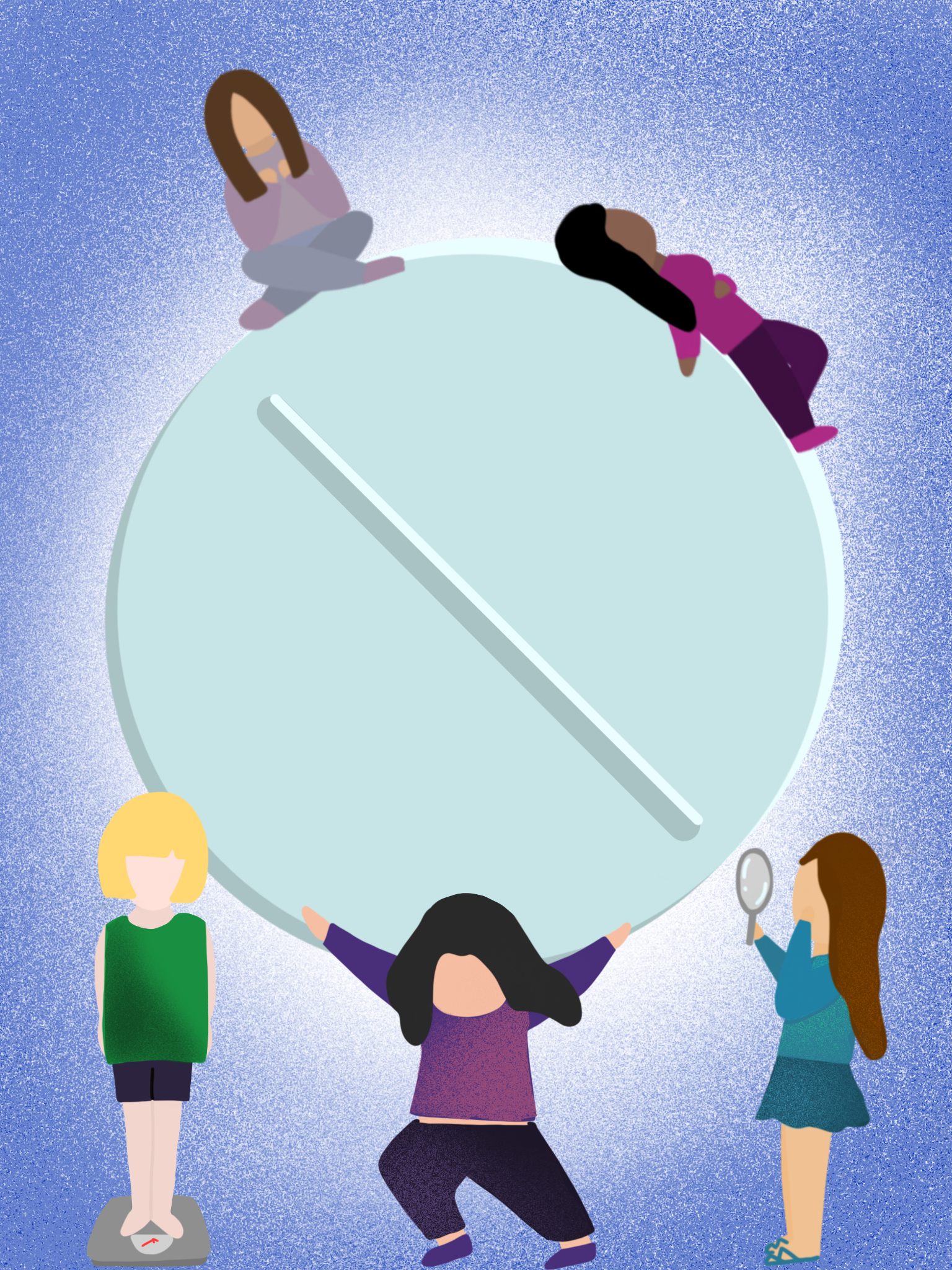Birth control allows people to have sex without getting pregnant, but what’s the point when it makes some not want to have sex at all?
Story by Sophie Muir | @sophiemuir
Illustration by Jasmy Liu
Taking birth control comes hand-in-hand with a range of physical and emotional symptoms both of which can be positive and negative. According to Planned Parenthood, “the hormones in the pill can change your level of sexual desire.” What does that mean for those who experience a decrease in their sexual drive?
Every person is different and everyone’s body works in uniquely beautiful ways, but when you are someone who has a rocky relationship with their hormonal birth control, it can be frustrating and exhausting. Roughly 62 percent of women of reproductive age in the United States use some form of contraception to prevent unintended pregnancy. Out of that 62 percent, those who experience emotional and sexual side effects are twice as likely to discontinue their contraceptive use than those who don’t.
Despite these side effects being the most common reason for women to discontinue their contraceptive use, change in sex drive is the least researched side effect of birth control. This may be due to the false notion that women’s sexuality is not as prevalent when compared to men, and therefore unnecessary to research in depth.
When hormone-induced anxiety and depression causes a downward spiral, it’s normal for one’s sex drive to go right down as well. When continuous breakthrough bleeding prevents someone from having comfortable sex, it’s irritating to say the least. When body confidence suddenly disappears as a result of bloating, it may become difficult to enjoy sex. Yes, bouncing up and down is fun, but not when you feel like a beach ball inflated to max capacity!
These physical and emotional side effects of birth control not only take a toll on one’s esteem but may affect romantic and sexual relationships as well. Everyone has the right to say no when and however they choose, but it’s often common to feel guilty for turning down one’s partner. It’s common to worry that by saying no, they may become upset or frustrated. For some couples, a relationship can feel more distant when it lacks physical intimacy.
When hormonal birth control seems to turn against you, do not ignore the red flags! No one should have to choose between contraception and their sex life — your contraception should help people feel more comfortable in their sex life, not hinder enjoyment. So, if birth control has become sex control instead, it might be time to reconsider your options and find the birth control method that works with you rather than against you.












































